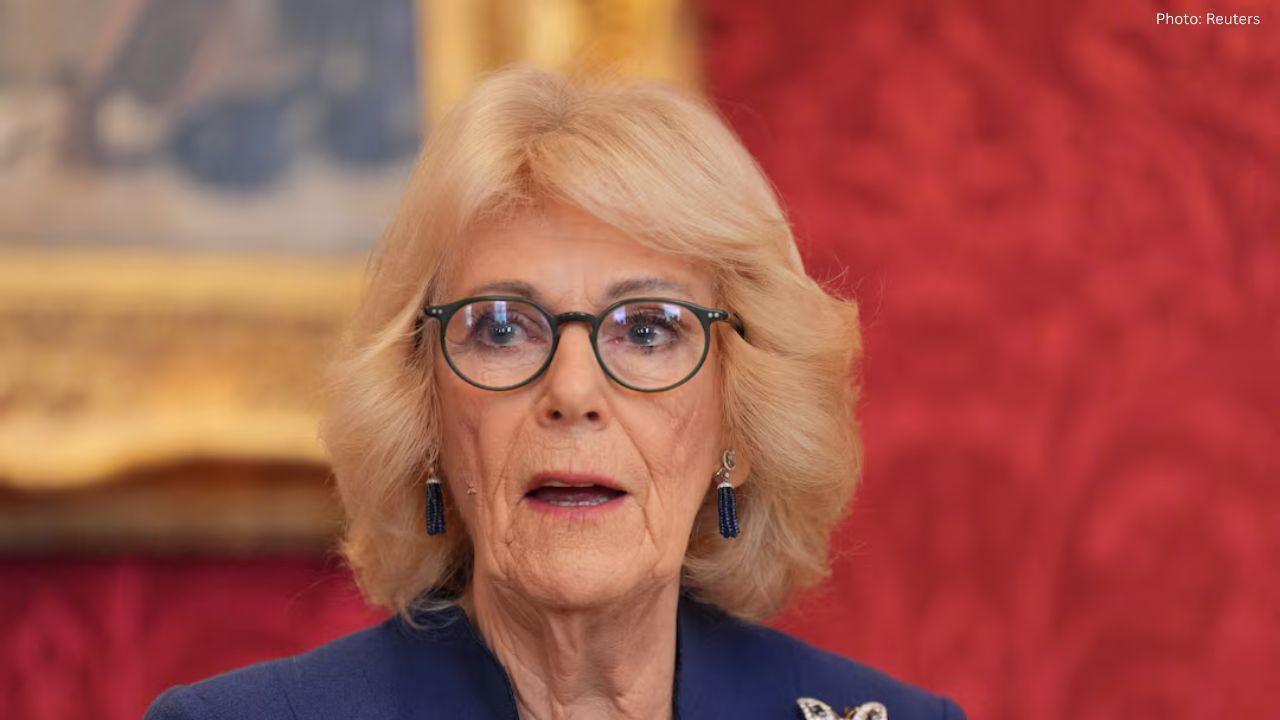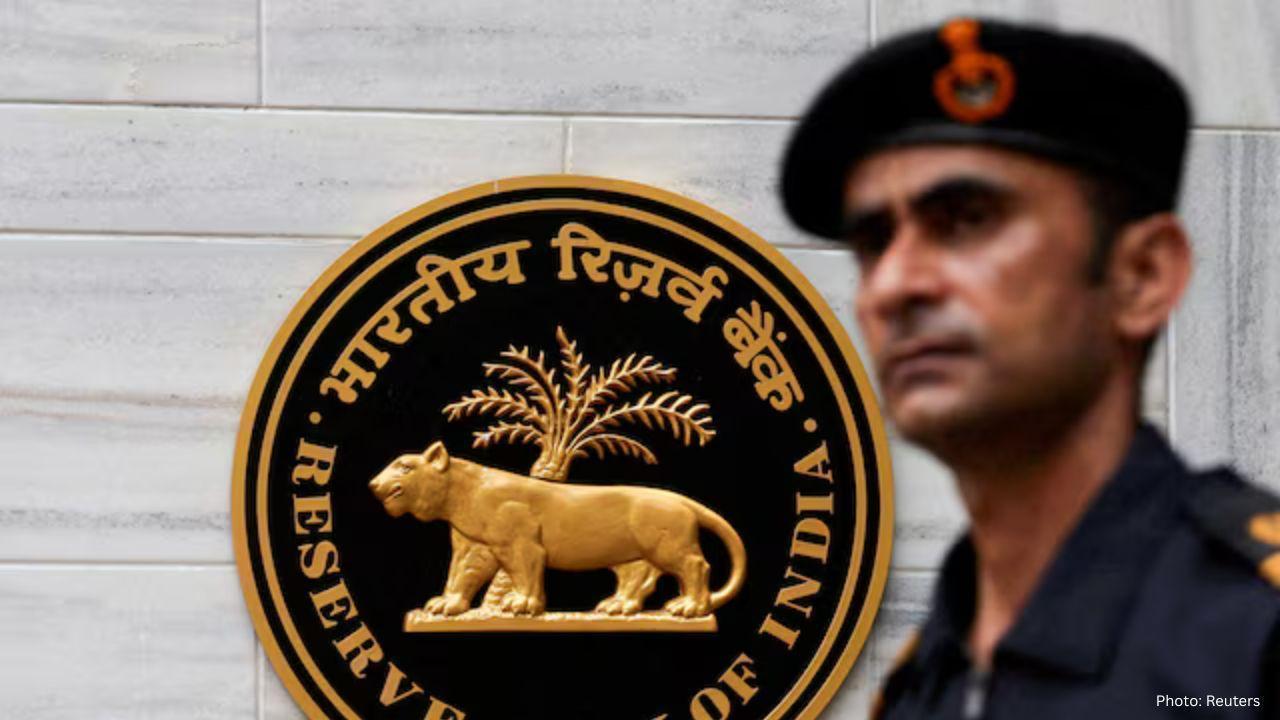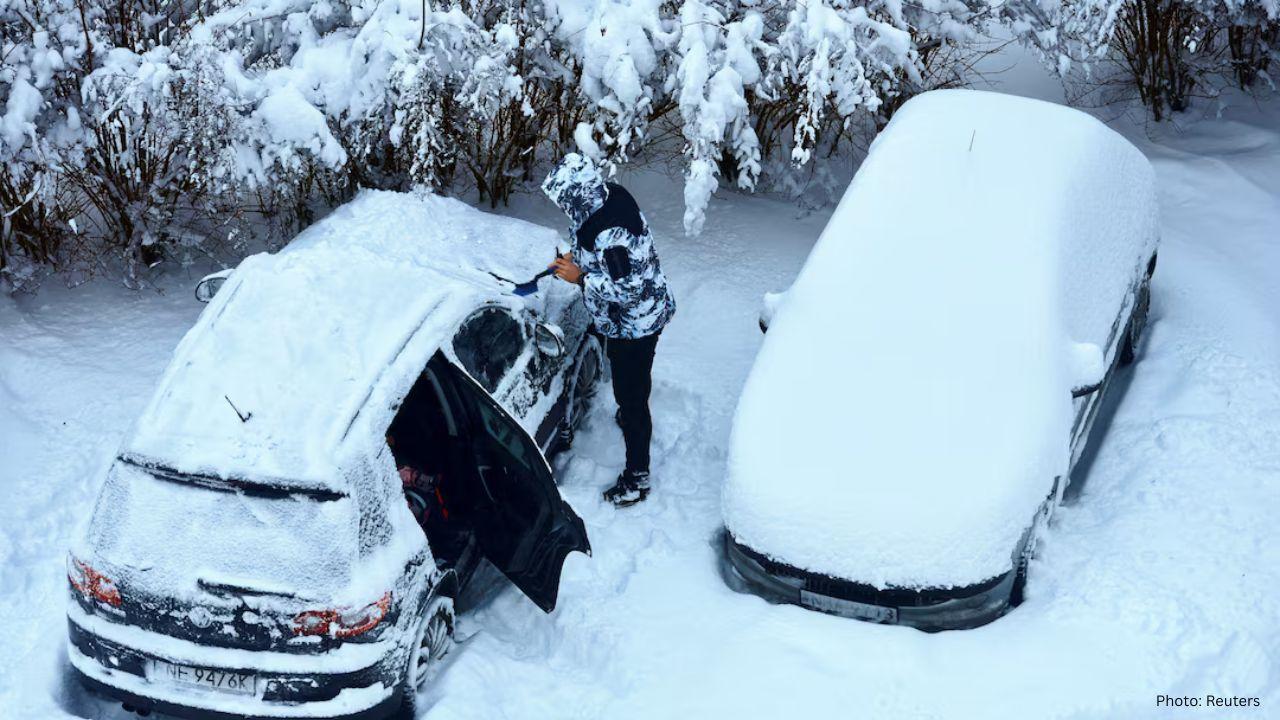You have not yet added any article to your bookmarks!

Join 10k+ people to get notified about new posts, news and tips.
Do not worry we don't spam!

Post by : Anis Farhan
Inflation has always been a silent force in the background of every household budget, but in 2025, its impact is felt more directly. From groceries to fuel, families are seeing prices creep upward, often faster than wages. The cost of living has become a central topic in dinner table conversations, with many households forced to rethink what qualifies as essential versus optional.
The global economy has been marked by supply chain disruptions, energy price fluctuations, and changing labor markets, all of which feed into inflationary pressure. As a result, families are adopting stricter budgeting practices, cutting down on luxury items, and in some cases, delaying big purchases like vehicles or appliances.
The Goods and Services Tax (GST) continues to play a pivotal role in household economics. While the system was designed to simplify taxation, the reality for many families is that GST directly affects their daily expenses. A small hike in GST rates on food items or services can ripple through household budgets.
In 2025, adjustments in GST slabs are particularly relevant for middle-class families. Essentials like food grains, healthcare, and education remain either exempt or under lower tax brackets, providing some relief. However, services, electronics, and lifestyle products often fall under higher slabs, making them more expensive. This dynamic nudges households toward prioritizing necessities while delaying or avoiding discretionary spending.
Consumer behavior has been shifting rapidly. Unlike earlier decades where brand loyalty dominated, 2025 households are far more pragmatic. Rising prices push consumers to look for value rather than prestige.
Families are increasingly relying on:
Private labels and local brands instead of big names, especially in groceries.
Digital platforms that offer discounts, cashback, and price comparisons.
Subscription models for essentials, ensuring predictability in costs.
Even in urban households, sustainable choices are on the rise. Products that promise durability and energy savings are preferred over cheaper alternatives, as people factor in long-term savings.
The middle class, often seen as the backbone of consumer markets, faces unique challenges. Inflation eats into disposable income, while GST and indirect taxes add to monthly outflows. Salaries for many professionals are growing, but not at the pace required to offset rising living costs.
This squeeze is reshaping aspirations. While earlier generations prioritized car ownership and frequent dining out as symbols of status, today’s families weigh these decisions more carefully. Savings, investments, and education expenses are taking center stage, leaving less room for indulgence.
Rural India, often more vulnerable to inflation, has its own consumer story in 2025. Agricultural input costs—like fertilizers, fuel, and transport—directly affect both farmers’ incomes and household budgets. While rural consumption is growing due to expanding digital penetration, inflation and taxation still restrict spending capacity.
Government subsidies and targeted welfare schemes provide some cushion, but rural families also practice greater frugality. They tend to prioritize health, education, and agricultural investments over lifestyle or luxury spending.
A notable trend in 2025 is the role of technology in managing household budgets. Mobile apps that track expenses, offer bill reminders, and provide financial insights are widely used. Digital wallets and UPI-based payments give real-time updates on spending, helping families stay within limits.
E-commerce and fintech platforms also influence behavior. By offering bulk discounts, flexible payment options, and digital credit, these platforms shape how households manage expenses. In many cases, technology has become a substitute for traditional financial discipline.
To cushion inflationary impacts, governments in 2025 are focusing on targeted interventions. Subsidies on essential goods, tax breaks for certain income brackets, and incentives for sustainable consumption are common strategies. While these measures provide temporary relief, households still feel the long-term weight of global economic shifts.
For example, rising fuel costs—even with subsidies—affect transport and logistics, indirectly raising the price of daily essentials. As such, households recognize that government measures alone cannot stabilize their budgets, making self-discipline and smart spending more critical.
Households are not just reacting; they are proactively adapting. Families are cooking at home more frequently, cutting down on outside dining. Carpooling and public transport are being used more often to save on fuel. Urban households are even turning to balcony or community gardening to reduce vegetable bills.
This frugality, however, is not always seen as negative. Many families are embracing minimalism, focusing on quality experiences rather than material goods. Sustainable living is becoming both an economic choice and a lifestyle statement.
Looking ahead, household budgeting will continue to be shaped by inflation trends, taxation policies, and evolving consumer preferences. The middle class will remain cautious, rural families will continue prioritizing essentials, and technology will become the cornerstone of financial planning.
If inflation stabilizes and GST reforms make essentials more affordable, households may once again feel confident about discretionary spending. Until then, 2025 is a year defined by caution, adaptation, and a strong emphasis on balancing needs with financial prudence.
This article is for informational purposes only and does not constitute financial or tax advice. Readers are advised to consult professionals for personalized guidance.










Ranveer Singh’s Dhurandhar Hits ₹1000 Cr Despite Gulf Ban Loss
Dhurandhar crosses ₹1000 crore globally but loses $10M as Gulf nations ban the film. Fans in holiday

China Claims India-Pakistan Peace Role Amid India’s Firm Denial
China claims to have mediated peace between India and Pakistan, but India rejects third-party involv

Mel Gibson and Rosalind Ross Split After Nearly a Decade Together
Mel Gibson and Rosalind Ross confirm split after nearly a year. They will continue co-parenting thei

Rashmika Mandanna, Vijay Deverakonda Set to Marry on Feb 26
Rashmika Mandanna and Vijay Deverakonda are reportedly set to marry on February 26, 2026, in a priva

FIFA Stands by 2026 World Cup Ticket Prices Despite Fan Criticism
FIFA defends the high ticket prices for the 2026 World Cup, introducing a $60 tier to make matches m

Trump Claims He Ended India-Pakistan War, Faces Strong Denial
Donald Trump says he brokered the ceasefire between India and Pakistan and resolved eight wars, but